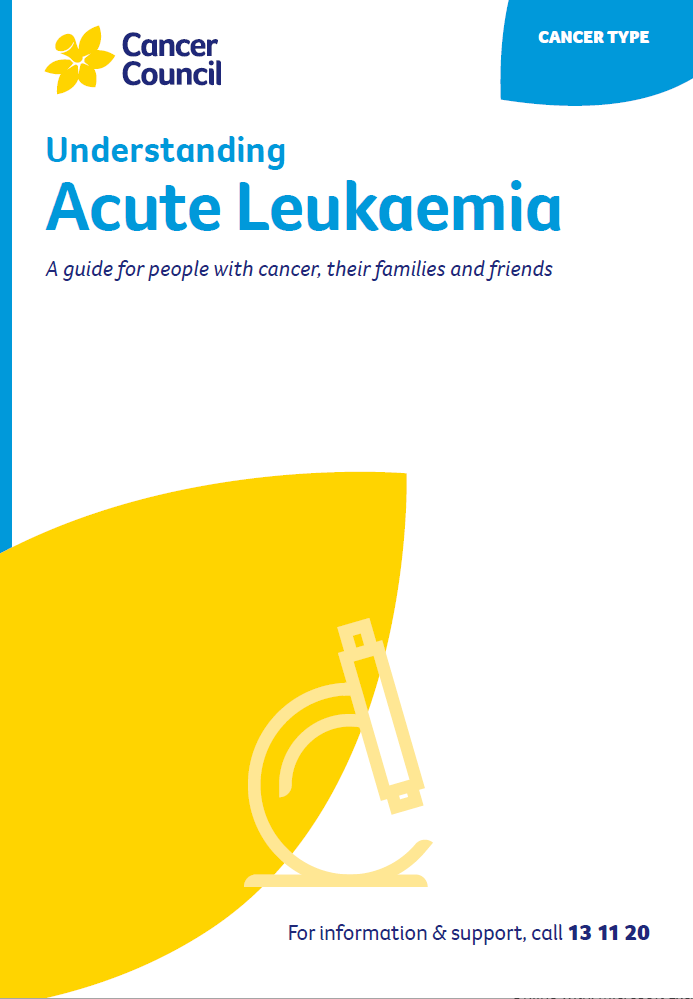- Home
- Acute lymphoblastic leukaemia (ALL)
- Treatment
Treatment for ALL
Treatment will depend on what type of acute lymphoblastic leukaemia (ALL) you have and usually begins as soon as a diagnosis is made. Chemotherapy is the main treatment. Your doctor may recommend other treatments, such as a stem cell transplant, steroid therapy or targeted therapy, depending on how the ALL responds to chemotherapy.
Learn more about:
- Making treatment decisions
- Chemotherapy
- Stem cell treatment
- CAR T-cell immunotherapy
- Targeted therapy
- Radiation therapy
- Steroids
- Palliative treatment
Asking about fertility
Treatment for ALL can cause temporary or permanent infertility. If you may want to have children in the future, ask your doctor for a referral to a fertility specialist before treatment starts. You may be able to store eggs, embryos, ovarian tissue or sperm for later use. While there have been significant advances, preserving fertility is not guaranteed.
For more on this, see Infertility.
→ READ MORE: Making treatment decisions
Podcast: Making Treatment Decisions
Listen to more episodes from our podcast for people affected by cancer
More resources
Dr Jonathan Sillar, Haematologist, Calvary Mater Newcastle (clinical review); Dr Scott Dunkley, Haematologist, Royal Prince Alfred Hospital and Chris O’Brien Lifehouse; Sharon Frazer, Consumer; Dr Robin Gasiorowski, Staff Specialist, Haematology, Concord Hospital; Prof Angela Hong, Radiation Oncologist, Chris O’Brien Lifehouse, and Clinical Professor, The University of Sydney; Yvonne King, 13 11 20 Consultant, Cancer Council NSW; Heather Mackay, Clinical Nurse Consultant – Haematology, Westmead Hospital; Katelin Mayer, Clinical Nurse Consultant, Cancer Outreach Team, Nelune Comprehensive Cancer Centre.
View the Cancer Council NSW editorial policy.
View all publications or call 13 11 20 for free printed copies.

